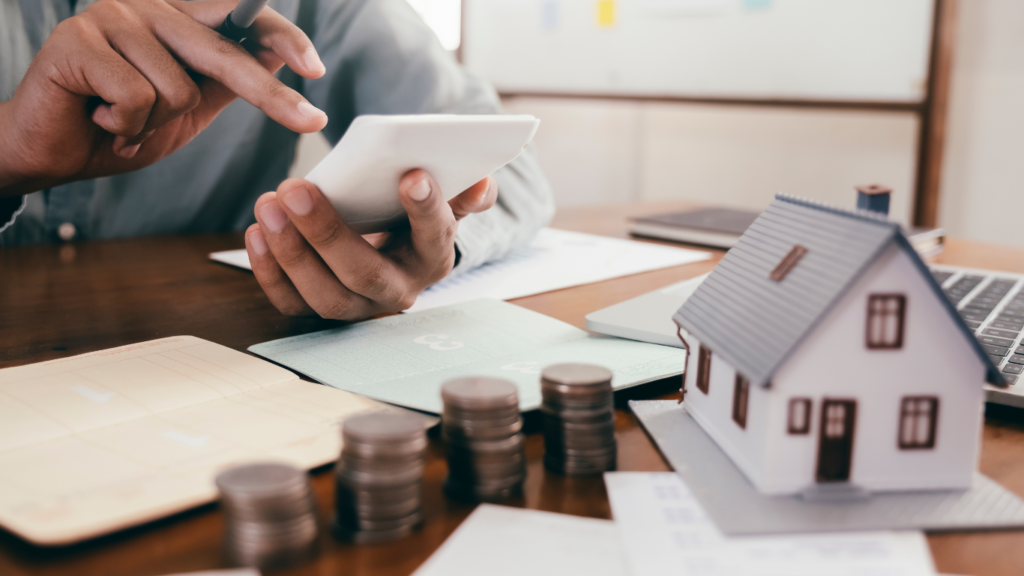When people are struggling to keep up with their bills, they may consider filing for bankruptcy. Filing for bankruptcy in Florida can be a way to get a fresh start and relieve some of the financial stress that is overwhelming you. However, it’s important to understand the process and what to expect before you take any steps. This blog post will provide an overview of how to file for bankruptcy in Florida. Keep reading to learn more!
What Is Bankruptcy and How Can It Help You?
Bankruptcy is a legal process that relieves debtors from some of their debts. Bankruptcies are accompanied by an order called an “automatic stay.”. This lets your creditors know that they cannot collect from you, at least temporarily, so you can work out a payment plan.
Signs You May Need to File for Bankruptcy
If you’re considering bankruptcy, it’s important to know that it’s not the best choice for everyone.
Here are some signs that you may need to file for bankruptcy:
- Your mortgage payments are behind, and you don’t see a way to catch up.
- You’ve tried negotiating with your creditors, but they won’t listen.
- Basic living expenses, such as rent and food, are paid with credit cards.
- Your debt collectors are calling you, or you’re being threatened with foreclosure.
Are There Any Alternatives to Bankruptcy?
When considering bankruptcy, it’s important to explore all your options first. In some cases, debt settlement or credit counseling may be a more appropriate alternative to bankruptcy. A financial advisor can help you decide if any of these options are right for you.
One way to reduce your debt is to consolidate it into a single monthly payment. As a result, you will be able to save money on interest and pay off your debts more quickly.
There is also the option of negotiating directly with your creditors. Getting an agreement can be complicated, but if you can do it, you’ll avoid bankruptcy.
What Are the Types of Bankruptcy?
There are two main types of bankruptcies available in Florida: Chapter 7 and Chapter 13.
Chapter 7 Bankruptcy
Often referred to as “liquidation bankruptcy,” Chapter 7 bankruptcy involves selling some of your assets in order to repay your creditors. It’s important to speak with an attorney before filing for Chapter 7 bankruptcy to ensure you’re eligible.
Chapter 13 Bankruptcy
Chapter 13 bankruptcy, also known as reorganization bankruptcy, lets you keep your assets while repaying your debts over time. You must have a steady income and debts below a certain amount to qualify for Chapter 13 bankruptcy.
How Do You File for Bankruptcy in Florida?
If you’re considering filing for bankruptcy in Florida, you should always consult with a bankruptcy lawyer first to see if it’s the best option for you. In order to proceed, you will need to complete some paperwork and file it with the court. As part of the process, you will also be required to attend a mandatory credit counseling session and take a course on financial management.
If you wish to file for bankruptcy without an attorney, you can follow the steps below.
- Gather Your Florida Bankruptcy Documents: You will need copies of your tax returns from the previous two years and your last 60-day pay stubs.
- Take a Credit Counseling Course: Learn more about the credit counseling course here.
- Fill Out the Bankruptcy Forms: You can download the forms free through USCOURTS.gov.
- Pay Your Filing Fee: Chapter 7 bankruptcy requires a court filing fee of $338. When your income does not exceed 150% of the poverty guidelines in Florida, you can request a filing fee waiver.
- Print Your Bankruptcy Forms: Make sure to print all forms on regular, white 8.5″ x 11″ paper using black ink.
- File the Forms With the Florida Bankruptcy Court: Non-attorney filers must print out their forms, then deliver or mail them to the bankruptcy court.
- Mail Documents to Your Trustee: You will be assigned a trustee after filing for bankruptcy.
- Take Another Course: Attend a debtor education course within 60 days of the 341 meeting.
- Attend Your 341 Meeting: Your creditors can attend this meeting to ask questions.
What Happens After You File for Bankruptcy in Florida?
When you file for bankruptcy, most of your unsecured debts will be discharged, which means you won’t have to repay them. There are, however, some debts that cannot be discharged through bankruptcy, such as student loans, child support, and alimony. Depending on the type of bankruptcy you choose, you may have to give up some assets as well.
How Does Bankruptcy Affect Your Credit Score?
Your credit score will be negatively affected by filing for bankruptcy. It can even take a few years for a bankruptcy to come off your credit score. However, making on-time payments and maintaining a good payment history can help you rebuild your credit in the long run.
How Can You Rebuild Your Credit After Filing for Bankruptcy?
To rebuild your credit after bankruptcy, you can do the following:
- Get a secured credit card.
- Pay all of your bills on time.
- Apply for a small loan from a lending institution.
- Become an authorized user on a relative’s credit card.
- Check your credit report regularly to make sure there are no discrepancies.
Sell Your House & Avoid Bankruptcy in Florida
If you’re considering bankruptcy, selling your house can help you avoid it. At Favor Home Solutions, we buy houses as-is for cash, so you don’t have to do any repairs.
Together, we’ll come up with a solution that fits your unique needs, all within your preferred timeline! Get the cash you need in as little as 14 days and regain your peace of mind. Contact us today to learn more about how we can help you!


